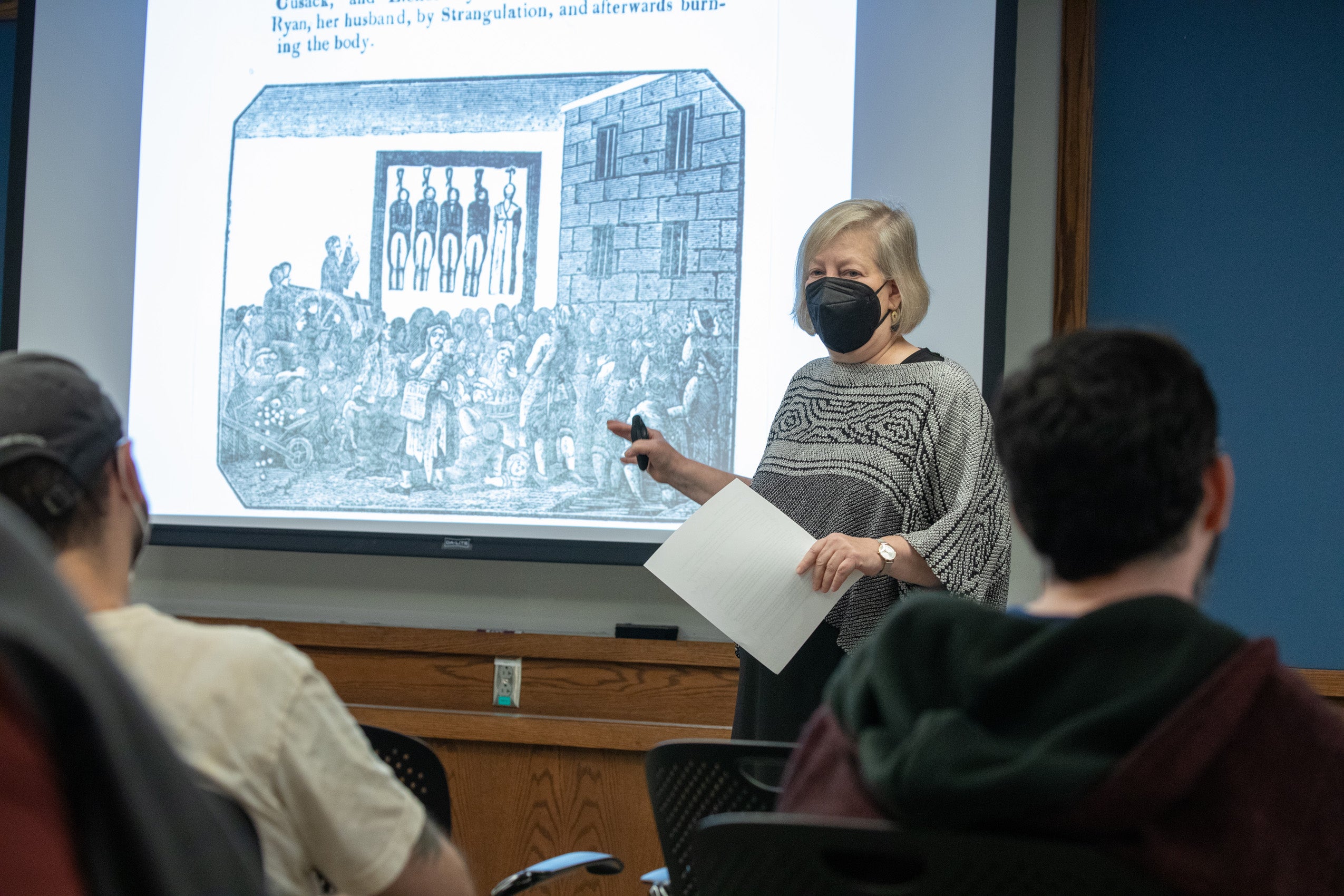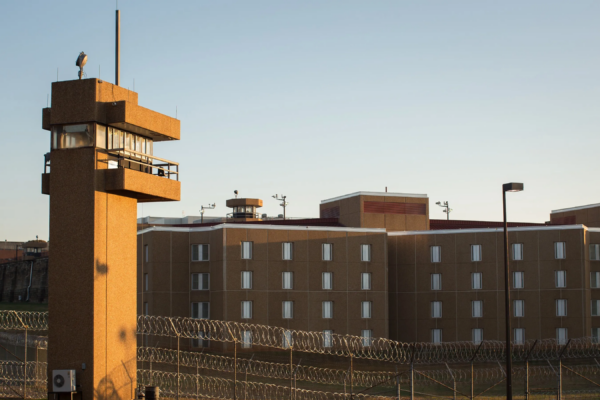By Divya Kumar ’26, Jack Neary ’26, and Maddie Stuzin ’26
From January through April in the Capital Punishment Clinic, we worked at the Center for Death Penalty Litigation, a non-profit law firm in Durham, North Carolina, that represents people facing the death penalty and other extreme sentences. On our first day, we joined a trial team defending a client who faced the death penalty. In March, our client was found guilty and received a death sentence. As we tried to process the work that we had done and square it with the outcome, we took a number of lessons away from the experience.
Getting proximate
One paradox we had to work through was the process of both centering the humanity of our client while also remaining detached, legal advocates who did not let the emotions of the case control us. Figuring out how to set appropriate boundaries with ourselves and the workload, on top of our other classes and commitments, often felt like a challenge. Reading for a class often felt far less important than working on a real case for a real client, especially when the stakes were so high. This was especially true once the trial and sentencing phases were underway. One of our team members also returned to North Carolina for a few days during sentencing and met with our client and his family. This proximity made that emotional tightrope harder to walk, but even more important to balance.
While our presence in the lives of our client and his loved ones brought its own distinct challenges, we also struggled with feelings of absence. One of the unique things about the Capital Punishment Clinic is the opportunity to be on-site at our clinical placements during the January term. Those weeks in North Carolina allowed us to work with the various members of the trial team and to keep abreast of all the latest developments in the case. Trial preparation is a fast-paced, intense, and dynamic experience that requires close collaboration and constant communication. To move from this environment to virtual work in the midst of classes was jarring, especially when the trial began. Though our supervisors and other interns generously kept us in the loop, it is impossible to meaningfully convey the intricacies and nuances of a trial if you are not there to witness it in person. There were moments of uncertainty about what was going on, coupled with feelings of regret that we could not do more.
One of us was once told that being a defense attorney, specifically a public defender, is a rare privilege because your client trusts you to hold their story in your hands. And to be a good capital defense lawyer, as George Kendall, capital attorney and former staff attorney of the NAACP Legal Defense Fund, remarked, “you’ve got to become your client’s biographer.” We were not all able to meet the client while working on his case. And it is a strange thing to be immersed in the intimacies and traumas of another’s life without ever knowing them, to know a representation of the person rather than the person themselves. So while it is true that proximity to clients, especially clients facing death, brings a distinct pain, there is a truly life-affirming feeling that comes with building that relationship of trust.
Grieving in community
Capital defense work, on a normal day, brings challenges that few understand. Most, if not all capital defendants have been written off by society as “the worst of the worst” and undeserving of our time and energy. And on each of these normal days, the law students in the clinic resist this logic in celebration of our clients’ humanity. Working with a group of people who see the complexity of the human condition, understand the circulatory nature of harm, and believe in a more just world is both energizing and deeply comforting in the face of discouraging news.
During our last lunch of this semester, all the clinical students came together in recognition of our client’s death sentence and execution of the client of our other classmates. It was meaningful for us to share our pain in a community that sees our client as we do.

In the clinic this spring, Professor Steiker guided us as we navigated difficult legal issues and developed creative arguments. It was a place where we helped each other workshop ideas and exchanged feedback. But it must also be a place where we can grieve in community, not only after the verdict is read or the warrant signed, but on “normal” days when the everyday injustices and degradations faced by our clients feel too much to hold all alone.
Dealing with cynicism in the wake of a death verdict
A question we grappled with in the aftermath of trial was: how do capital defense attorneys deal with the cynicism inherent to the job? We saw firsthand how difficult it can be to mount a robust defense in the face of bad facts, bad jurisdictional precedents, and a system that is tilted against defendants. And in the wake of a death verdict, it was easy to feel that we, as student externs, made no difference at all. Thankfully, our supervising attorneys helped us reframe our experience by sharing what keeps them doing capital defense work despite the varied successes and heartbreaks. The lesson is: celebrate the good work that we did at the same time as we mourn the outcome.
We have learned that part of sustaining capital work requires conceptualizing wins in a variety of ways. Wins for capital defense attorneys are not just a “not guilty” or a life sentence instead of a death verdict, but also making sure our client’s story is told and ensuring the state has to work hard for a death sentence. As a team, we worked hard to complete the twin aims of defense attorneys: advocating for our client and preventing the state from denying our client’s rights. Despite all the competing parties and factors within a capital trial, our effort was one thing we could control. We centered our client’s humanity throughout the trial, especially during sentencing. The mitigation stage of capital sentencing is one of the rare times in our criminal justice system when defendants get to tell their story with the help of friends, family, and experts. Our team took full advantage. Even if we did not get the result we wanted, we continually asserted that our client’s life had value, and the record shows there are people who love him and see the humanity in him. We also played the important role of ensuring the government stayed within the rule of law in its actions, from evidence collection to courtroom arguments. As our supervising attorney put it, we made the state do the work to get to guilty.
Finally, we know that the fight is not finished for our client nor for systemic change. Our client can take full advantage of the direct appeals process and state and habeas proceedings. The hard work that our team did preparing for trial is evident in the record – a record that is vital for appellate proceedings. And on a broader scale, the legislative, judicial, and grassroots efforts to end the death penalty will continue in North Carolina and elsewhere. These are the things that keep us hopeful for the future.
Filed in: Clinical Student Voices
